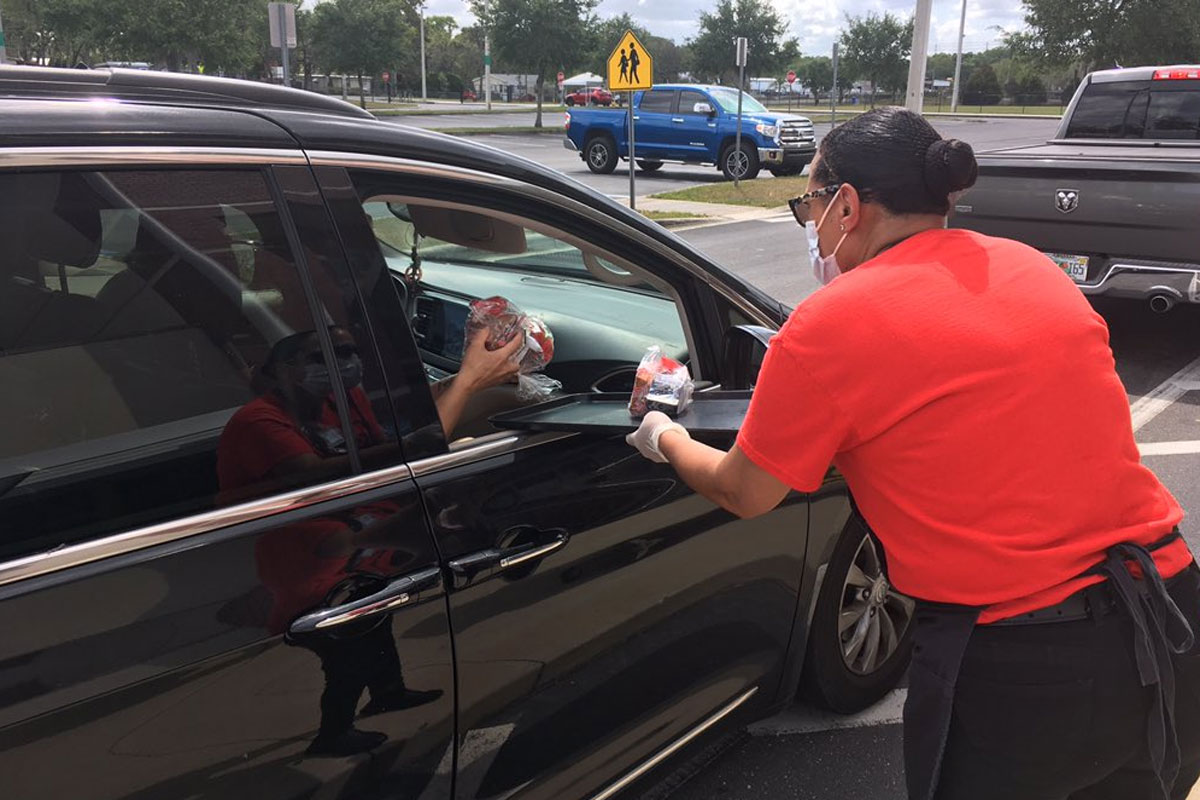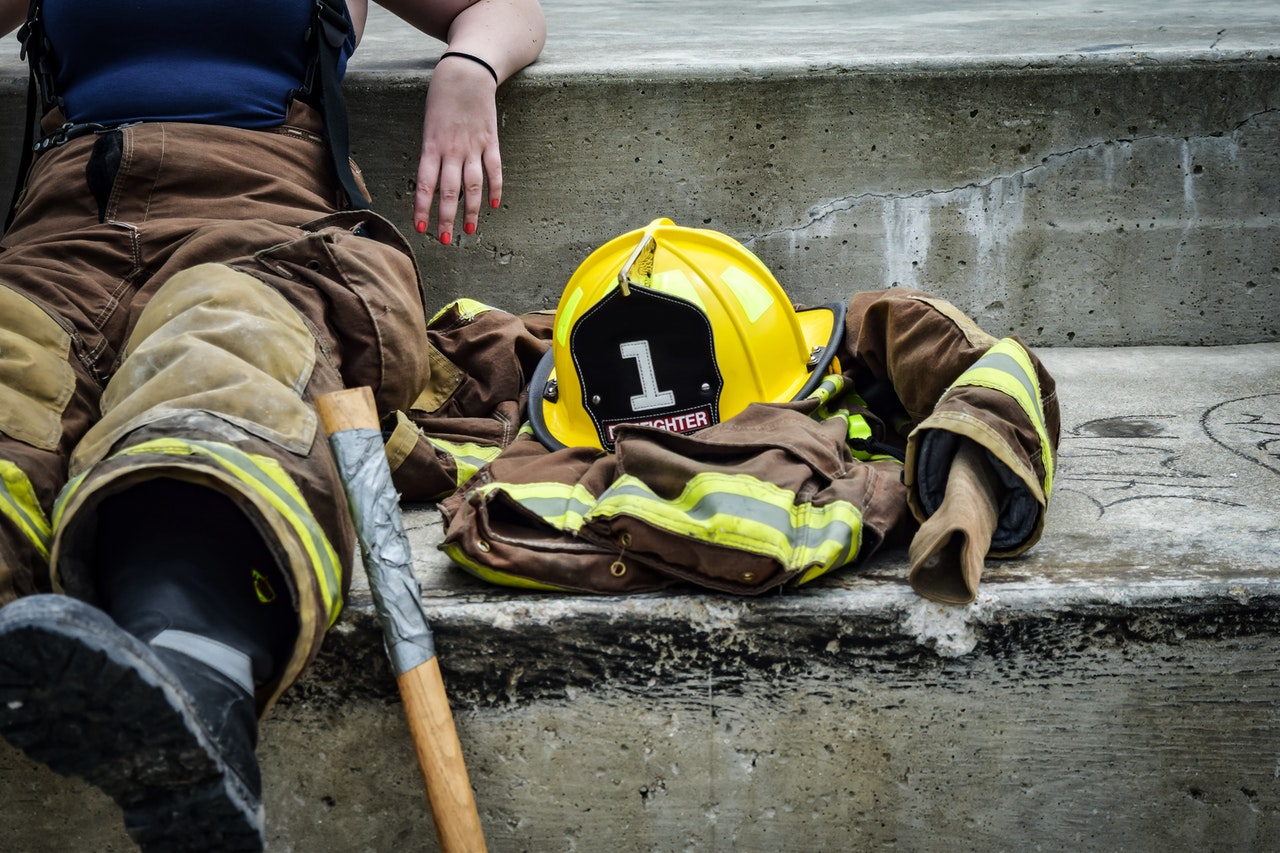- Details
- Category: Senator Scott Bennett News
 CHAMPAIGN – Two Champaign-Urbana attractions are among the 43 Illinois museums to receive a portion of $22.8 million in state capital investments to improve their facilities and develop new exhibits, State Senator Scott Bennett (D-Champaign) announced Wednesday.
CHAMPAIGN – Two Champaign-Urbana attractions are among the 43 Illinois museums to receive a portion of $22.8 million in state capital investments to improve their facilities and develop new exhibits, State Senator Scott Bennett (D-Champaign) announced Wednesday.
“These grants could not have come at a better time, with many of our cultural institutions facing significant losses as a result of the COVID-19 crisis,” Bennett said. “This funding will further the park districts’ efforts to adapt and transform their services to meet the community’s needs through this ongoing pandemic.”
Among the museums receiving grants are the Virginia Theatre, operated by the Champaign Park District, and the Urbana Park District’s Outdoor Learning Pavilion. Each received the maximum grant award of $750,000.
"Museums located throughout Illinois receiving funding through this program are investing in exciting new exhibits and facilities improvements that will help them meet the interests of Illinois citizens and visitors of all ages,” said IDNR Director Colleen Callahan. “The museums will provide opportunities to experience the art, anthropology, history, culture, and natural history of their communities, as well as our state and nation.”
The grants are awarded through the Illinois Public Museum Capital Grants Program, funded by the Rebuild Illinois multi-year state capital program. The grant program is open to any museum operated by local government or located on municipally-owned land. More information is available on the IDNR website.
- Details
- Category: Senator Andy Manar News

Manar, who chairs the Senate Appropriations II Committee and serves as a lead budget negotiator for the Illinois Senate Democrats, has long advocated for the modernization of high-speed internet infrastructure in Downstate communities.
Read more: Manar continues effort to expand Downstate broadband access
- Details
- Category: Senator Ram Villivalam News
 CHICAGO – More than 50 small businesses facing economic uncertainty due to the COVID-19 pandemic in the district State Senator Ram Villivalam (D-Chicago) represents received financial relief through the Business Interruption Grant Program, and he is urging more to apply.
CHICAGO – More than 50 small businesses facing economic uncertainty due to the COVID-19 pandemic in the district State Senator Ram Villivalam (D-Chicago) represents received financial relief through the Business Interruption Grant Program, and he is urging more to apply.
“I was proud to support legislation to make these extremely valuable grants available for our small businesses as we head into the winter and the pandemic continues,” Villivalam said. “Our local economy is powered by both family and minority-owned businesses. While outdoor dining was employed over the summer to help generate business, that is much more of a challenge during the winter months.”
The Illinois Department of Commerce and Economic Opportunity awarded the funds this week as part of the second round of BIG program funding. Applications will also remain open until all of the funding is spent.
The second round of grants awarded between $5,000 to $150,000 to 52 businesses in the 8th District, which received nearly a combined $1.5 million. These funds can be used to help cover expenses like payroll costs, rent, and utilities, as well as pandemic-related expenses, such as personal protective equipment, increased training and new technology.
“While these grants provide much needed financial relief, there is simply no question that we need an all of the above strategy that includes a federal stimulus package,” Villivalam said. “Additionally, I will certainly and I know other folks will support their local and small businesses throughout the winter. Getting takeout or simply purchasing a gift card can really help out a small business owner.”
The BIG program is the biggest state-funded financial support program created in response to the pandemic to date. Applications are available on the DCEO’s website.
- Details
- Category: Senator Steve Stadelman News
 ROCKFORD – State Senator Steve Stadelman (D-Rockford) is urging local fire marshals to apply for The Office of the State Fire Marshal’s Small Equipment Grant program.
ROCKFORD – State Senator Steve Stadelman (D-Rockford) is urging local fire marshals to apply for The Office of the State Fire Marshal’s Small Equipment Grant program.
“This is another great opportunity for local fire departments and ambulance services to continue to best serve our community,” Stadelman said. “As COVID-19 cases continue to rise, additional funding for our first responders is needed more than ever to help keep them safe.”
Read more: Stadelman urging local fire departments to apply for Small Equipment Grant Program
- Details
- Category: Senator Dave Koehler News
 PEORIA – State Senator Dave Koehler (D-Peoria) wants to make sure all fire departments and ambulance services know that the Office of the State Fire Marshal is accepting applications for its Small Equipment Grant Program.
PEORIA – State Senator Dave Koehler (D-Peoria) wants to make sure all fire departments and ambulance services know that the Office of the State Fire Marshal is accepting applications for its Small Equipment Grant Program.
“During a time when local governments will rely on every last dollar, this grant program helps our firefighters and EMS providers buy vital equipment like masks and gloves,” Koehler said. “I encourage local fire departments and ambulance services to apply for this grant program.”
Read more: Koehler encourages local fire departments to apply for equipment grant
- Details
- Category: Senator Jennifer Bertino-Tarrant News
 PLAINFIELD – State Senator Jennifer Bertino-Tarrant (D-Shorewood) is urging area fire departments to take advantage of the state’s Small Equipment Grant program.
PLAINFIELD – State Senator Jennifer Bertino-Tarrant (D-Shorewood) is urging area fire departments to take advantage of the state’s Small Equipment Grant program.
“Our firefighters and first responders put their lives on the line to keep our communities safe,” Bertino-Tarrant said. “This grant will help provide vital assistance to ensure our firefighters have the necessary tools and resources to do their jobs.”
The program provides $3.3 million in funding across the state for firefighting personal protection equipment, infection control items and other small equipment. Organizations can be awarded up to $26,000.
Fire department, fire protection district and township fire department applicants are required to have participated in the National Fire Incident Reporting System for a minimum of two years prior to applying. Ambulance services applying must be volunteer, non-profit, stand-alone emergency medical service providers not tied in any financial or legal manner to a fire department.
Applications for the Small Equipment Grant program must be postmarked no later than Jan. 29, 2021. More information on the program can be found on the state fire marshal's website.
- Details
- Category: Senator Scott Bennett News
 CHAMPAIGN – To help fire departments, fire protection districts and township fire departments afford the tools and equipment they need, State Senator Scott Bennett (D-Champaign) is urging eligible applicants to submit an application to the Office of the State Fire Marshal’s (OSFM) Small Equipment Grant Program.
CHAMPAIGN – To help fire departments, fire protection districts and township fire departments afford the tools and equipment they need, State Senator Scott Bennett (D-Champaign) is urging eligible applicants to submit an application to the Office of the State Fire Marshal’s (OSFM) Small Equipment Grant Program.
“Firefighters and first responders have been on the front lines during this pandemic, and it’s our job to ensure they have the equipment needed to stay safe,” Bennett said. “I encourage departments to take advantage of this grant opportunity so they can purchase new firefighting and ambulance equipment.”
The program awards grants of up to $26,000 for the purchase of small firefighting and ambulance equipment. OSFM will award a total of $3.3 million to eligible fire departments and ambulance services through the program.
Across the state, many fire departments and not-for-profit ambulance services struggle to generate the necessary revenue to purchase small equipment, such as air-packs and portable radios.
Eligible applicants are required to have participated in the National Fire Incident Reporting System (NFIRS) for a minimum of two years prior to applying. Due to NFIRS undergoing updates, the OSFM will require departments to be current through June 2020 for this grant period.
Applications must be postmarked no later than Jan. 29, 2021. Additional information including the application can be found on the State Fire Marshal’s website.
- Details
- Category: Senator Christopher Belt News
 MARYVILLE - To ensure local fire departments are prepared to protect residents, State Senator Christopher Belt (D-Centreville) and State Senator Rachelle Crowe (D-Glen Carbon) are highlighting the Office of the State Fire Marshal’s (OSFM) Small Equipment Grant Program and encouraging fire departments to apply.
MARYVILLE - To ensure local fire departments are prepared to protect residents, State Senator Christopher Belt (D-Centreville) and State Senator Rachelle Crowe (D-Glen Carbon) are highlighting the Office of the State Fire Marshal’s (OSFM) Small Equipment Grant Program and encouraging fire departments to apply.
“Local fire departments are the first to respond to life-threatening emergencies, and to continue to do this extremely important job, they need the right equipment,” Belt said. “The Small Equipment Grant Program will offer the support our local fire departments deserve, which is why Sen. Crowe and I are urging them to apply.”
The Small Equipment Grant Program was established to provide grants of up to $26,000 for small firefighting and ambulance equipment. OSFM will award $3.3 million total to eligible fire departments and ambulance services.
“Downstate small fire protection districts often have difficulty funding purchases of personal protective equipment, such as masks, gowns and gloves,” Crowe said. “Especially right now, it’s critical that our firefighters are protected—this grant program can help our fire departments secure these essential items.”
Nearly all of Illinois’ fire departments, fire protection districts and township fire departments are eligible. Additionally, stand-alone, not-for-profit ambulance service providers are eligible to apply.
The deadline to apply is Jan. 29, 2021. For the application and additional information, visit OSFM’s website.
More Articles …
Page 597 of 768













 © 2026 Illinois Senate Democratic Caucus
© 2026 Illinois Senate Democratic Caucus